-
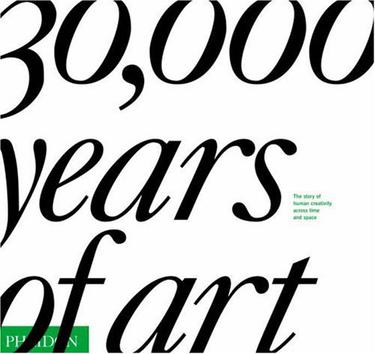
30,000 Years of Art
30,000 YEARS OF ART: THE STORY OF HUMAN CREATIVITY ACROSS TIME AND SPACE is the follow-up to Phaidon's phenomenally successful THE ART BOOK. This is an accessible, fun and informative compendium of world art that offers a fresh perspective on the whole of art history, from 28,000 BC to the present day. It debunks art historical classifications and hierarchies by presenting 1,000 masterworks of art in simple chronological order, demonstrating what was being created all over the globe at the same time. Only here can you find the Venus de Milo next to a mural from the Mayan civilization, or Velazquez' Las Meninas next to a painting from the Chinese Ming Dynasty, an Indian jade wine cup, a ritual Nepalese plaque, a Korean portrait, and Vermeer's Milkmaid. Each work has been chosen for its unique place in the history of art, and as a representative example of the art of its culture. By juxtaposing works of art from different cultures throughout time, this is the first book to offer a balanced appraisal of world art history, revealing the huge diversity of and similarity between man's artistic achievements. Each entry includes a full-page color image of the work and a concise descriptive text that sets the work in context, explaining its contribution to the development of art and the medium in which it was created. A comprehensive index, illustrated timelines, and a glossary of terms and movements make this book an invaluable reference tool and teaching resource. -

A History of Knowledge
A one-voume reference to the history of ideas that is a compendium of everything that humankind has thought, invented, created, considered, and perfected from the beginning of civilization into the twenty-first century. Massive in its scope, and yet totally accessible, A HISTORY OF KNOWLEDGE covers not only all the great theories and discoveries of the human race, but also explores the social conditions, political climates, and individual men and women of genius that brought ideas to fruition throughout history. "Crystal clear and concise...Explains how humankind got to know what it knows." Clifton Fadiman Selected by the Book-of-the-Month Club and the History Book Club -
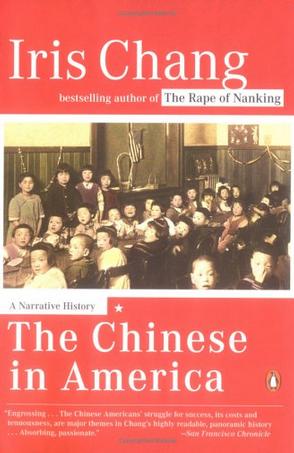
The Chinese in America
In an epic story that spans 150 years and continues to the present day, Iris Chang tells of a people’s search for a better life—the determination of the Chinese to forge an identity and a destiny in a strange land and, often against great obstacles, to find success. She chronicles the many accomplishments in America of Chinese immigrants and their descendents: building the infrastructure of their adopted country, fighting racist and exclusionary laws, walking the racial tightrope between black and white, contributing to major scientific and technological advances, expanding the literary canon, and influencing the way we think about racial and ethnic groups. Interweaving political, social, economic, and cultural history, as well as the stories of individuals, Chang offers a bracing view not only of what it means to be Chinese American, but also of what it is to be American. -
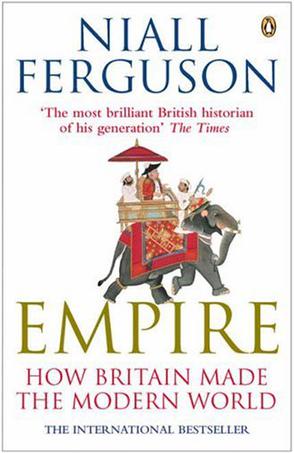
Empire
-
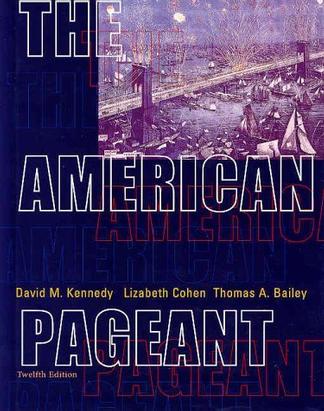
The American Pageant
Supported by colorful anecdotes, first-person quotations, and its trademark wit, The American Pageant is one of the most readable, popular, and effective American history textbooks available. Pedagogy includes chapter-ending chronologies, numerous interesting quotes from historical figures, and incisive part openers that contextualize six major periods in American history. The Appendix includes "Suggested Readings" for every chapter, an annotated Constitution of the United States with page references, and an extensive statistical profile of the United States. -
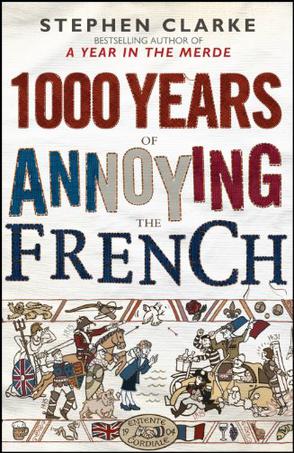
1000 Years of Annoying the French
Was the Battle of Hastings a French victory? No! William the Conqueror was Norman and hated the French. Were the Brits really responsible for the death of Joan of Arc? No! The French sentenced her to death for wearing trousers. Was the guillotine a French invention? No! It was invented in Yorkshire. Ten centuries' worth of French historical 'facts' bite the dust as Stephen Clarke looks at what has really been going on since 1066.